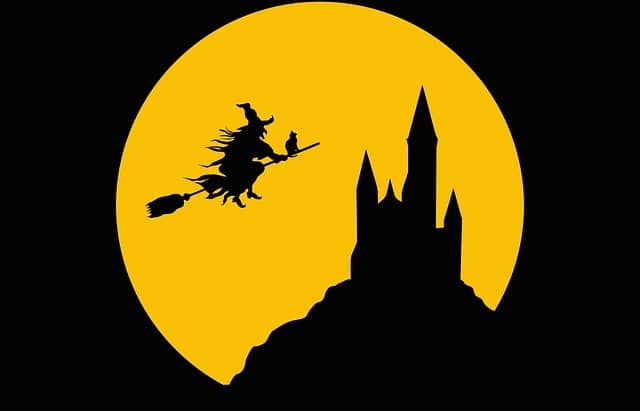What does Jack do that makes him evil? In William Golding’s classic novel, “Lord of the Flies,” the character of Jack is portrayed as one of the primary antagonists in the story. Throughout the story, Jack’s actions become increasingly evil and savage, ultimately destroying the boys’ society on the island.
What does Jack do that makes him evil? (Answer)
One of the most significant examples of Jack’s evil behavior occurs early in the novel when he kills a pig for no other reason than to fulfill his need to kill something. This act shows how savage and evil Jack truly is, as he takes pleasure in taking the life of another living creature. The fact that he kills the pig solely for his own satisfaction highlights his selfish, cruel nature.
However, Jack’s desire to kill does not end with the pig. Instead, it sets off a chain reaction that leads to his progression into deeper savagery and evilness. As the novel progresses, Jack becomes increasingly obsessed with hunting and killing. He forms his own tribe and uses violence and intimidation to gain control over the other boys on the island. He even goes so far as to hunt and kill other boys who refuse to join his tribe, showing a complete disregard for human life.
Jack’s descent into evil and savagery is not just a result of his desire to kill but also a product of his need for power and control. He becomes increasingly tyrannical and authoritarian, using fear and violence to maintain his hold on the other boys. He even develops a cult-like following, with the other boys worshipping him as a god-like figure.
How did Jack turn evil?
Jack’s transformation into evil can be attributed to a combination of factors in Lord of the Flies. Initially, Jack appears ambitious and power-hungry, desiring control and authority on the island. However, as time progresses and their civilization collapses, Jack becomes enthralled by the freedom and primal instincts that the island offers. His obsession with hunting and violence gradually consumes him, leading to a loss of empathy and moral boundaries. Jack’s desire for dominance intensifies as he forms his own tribe, fostering an environment of fear and brutality. Ultimately, his descent into evil is fueled by a rejection of societal norms and an embrace of his inner savage nature.
Why does Jack represent evil?
Jack represents evil in Lord of the Flies because he embodies the dark side of human nature. Throughout the novel, Jack’s actions are driven by his desire for power and control over others. As he becomes more obsessed with hunting and killing, he loses touch with morality and resorts to violence to assert his dominance. Jack’s manipulation and manipulation of the other boys reveal his willingness to abandon reason and embrace savagery, highlighting how easily individuals can be corrupted when removed from societal constraints. His actions ultimately lead to chaos and destruction on the island, demonstrating how unchecked aggression and selfishness can bring out the worst in people.
What is important to Jack in Lord of the Flies?
In Lord of the Flies, hunting is of utmost importance to Jack. It becomes his primary focus and obsession on the island. Hunting represents power, control, and dominance for Jack, allowing him to assert his authority over others. It serves as a means for him to showcase his bravery and assert himself as a strong leader in the absence of adult supervision. The act of hunting also satisfies his primitive instincts and provides a sense of exhilaration and thrill. Through hunting, Jack finds a sense of purpose and identity, leading to his descent into savagery and the destruction of order within the group.
How does Jack relate to Ralph?
Jack and Ralph have a complex relationship in Lord of the Flies. While they both assume leadership roles on the island, it is clear that Ralph is primarily in charge. Jack initially seems to respect and admire Ralph’s authority, but as the story progresses, their relationship becomes strained. Jack becomes increasingly obsessed with power and control, leading him to challenge Ralph’s leadership and attempt to establish his own dominance. This creates tension between them as they compete for influence over the other boys on the island. Ultimately, their relationship symbolizes the struggle for power and order in a chaotic and savage environment.
Conclusion
In conclusion, Jack’s killing of the pig is just the beginning of his descent into evil and savagery in “Lord of the Flies.” It highlights his selfish, cruel nature and sets off a chain reaction that destroys the boys’ society on the island. Jack’s desire for power and control, combined with his obsession with hunting and killing, makes him one of the novel’s most compelling and terrifying characters.
